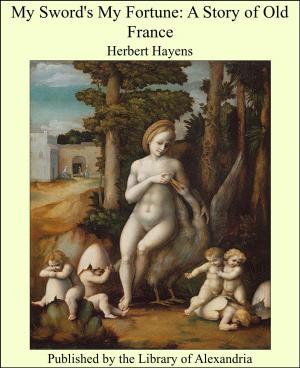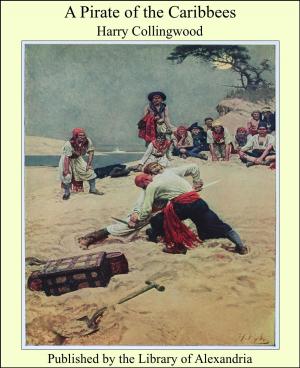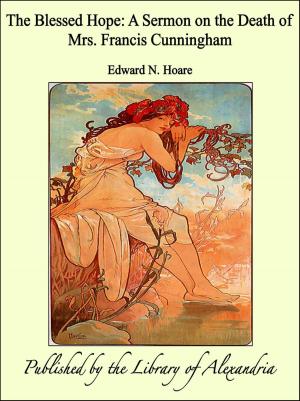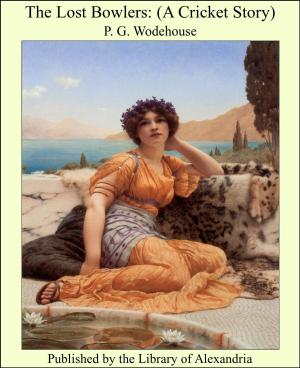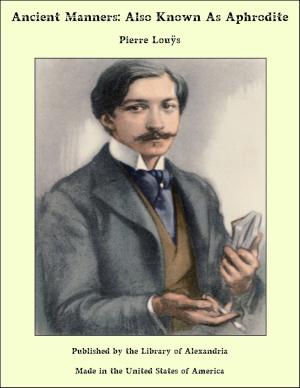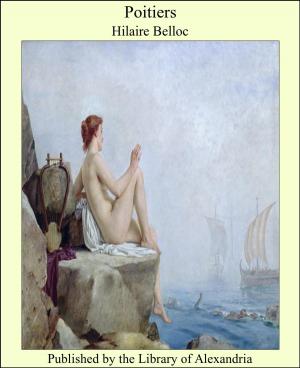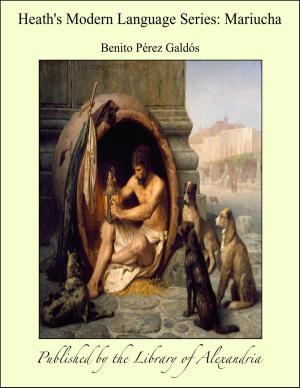Fringilla: Some Tales In Verse
Nonfiction, Religion & Spirituality, New Age, History, Fiction & Literature| Author: | Sir Richard Blackmore | ISBN: | 9781465557032 |
| Publisher: | Library of Alexandria | Publication: | March 8, 2015 |
| Imprint: | Language: | English |
| Author: | Sir Richard Blackmore |
| ISBN: | 9781465557032 |
| Publisher: | Library of Alexandria |
| Publication: | March 8, 2015 |
| Imprint: | |
| Language: | English |
What means your finch? "Being well aware that he cannot sing like a Nightingale, He flits about from tree to tree, and twitters a little tale." Albeit he is an ancient bird, who tried his pipe in better days, and then was scared by random shots, he is fain to lift the migrant wing once more towards the humble perch, among the trees he loves. All gardeners own that he does no harm, unless he flits into a thicket of young buds, or a very choice ladies' seed-bed. And he hopes that he is now too wise to commit such indiscretions. Perhaps it would have been wiser still to have shut up his little mandible, or employed it only upon grub. But the long gnaw of last winter's frost, which set mankind a-shivering, even in their most downy nest, has made them kindly to the race that has no roof for shelter and no hearth for warmth. Anyhow, this little finch can do no harm, if he does no good; and if he pleases nobody, he will not be surprised, because he has never satisfied himself. May-day, 1895. NOTE With kind consent of Messrs. Harper, "Buscombe" returns in altered form from the other side of the ocean. Two other little tales appeared of old, but nobody would look at them, and now they are offered after careful trimming. Standing afar. I gaze with doubt at other trimmings which are not mine. They have conquered the taste of the day perhaps, and high art announces them as her last transfiguration. Moreover they are highly recommended— as the purest art not always is—by the modesty of the artist. The cover design, borders, initial letters and the whole of the full-page illustrations—with the exception of the three to 'Pausias and Glycera' by James W. R. Linton—are by Louis Fairfax-Muckley.
What means your finch? "Being well aware that he cannot sing like a Nightingale, He flits about from tree to tree, and twitters a little tale." Albeit he is an ancient bird, who tried his pipe in better days, and then was scared by random shots, he is fain to lift the migrant wing once more towards the humble perch, among the trees he loves. All gardeners own that he does no harm, unless he flits into a thicket of young buds, or a very choice ladies' seed-bed. And he hopes that he is now too wise to commit such indiscretions. Perhaps it would have been wiser still to have shut up his little mandible, or employed it only upon grub. But the long gnaw of last winter's frost, which set mankind a-shivering, even in their most downy nest, has made them kindly to the race that has no roof for shelter and no hearth for warmth. Anyhow, this little finch can do no harm, if he does no good; and if he pleases nobody, he will not be surprised, because he has never satisfied himself. May-day, 1895. NOTE With kind consent of Messrs. Harper, "Buscombe" returns in altered form from the other side of the ocean. Two other little tales appeared of old, but nobody would look at them, and now they are offered after careful trimming. Standing afar. I gaze with doubt at other trimmings which are not mine. They have conquered the taste of the day perhaps, and high art announces them as her last transfiguration. Moreover they are highly recommended— as the purest art not always is—by the modesty of the artist. The cover design, borders, initial letters and the whole of the full-page illustrations—with the exception of the three to 'Pausias and Glycera' by James W. R. Linton—are by Louis Fairfax-Muckley.


